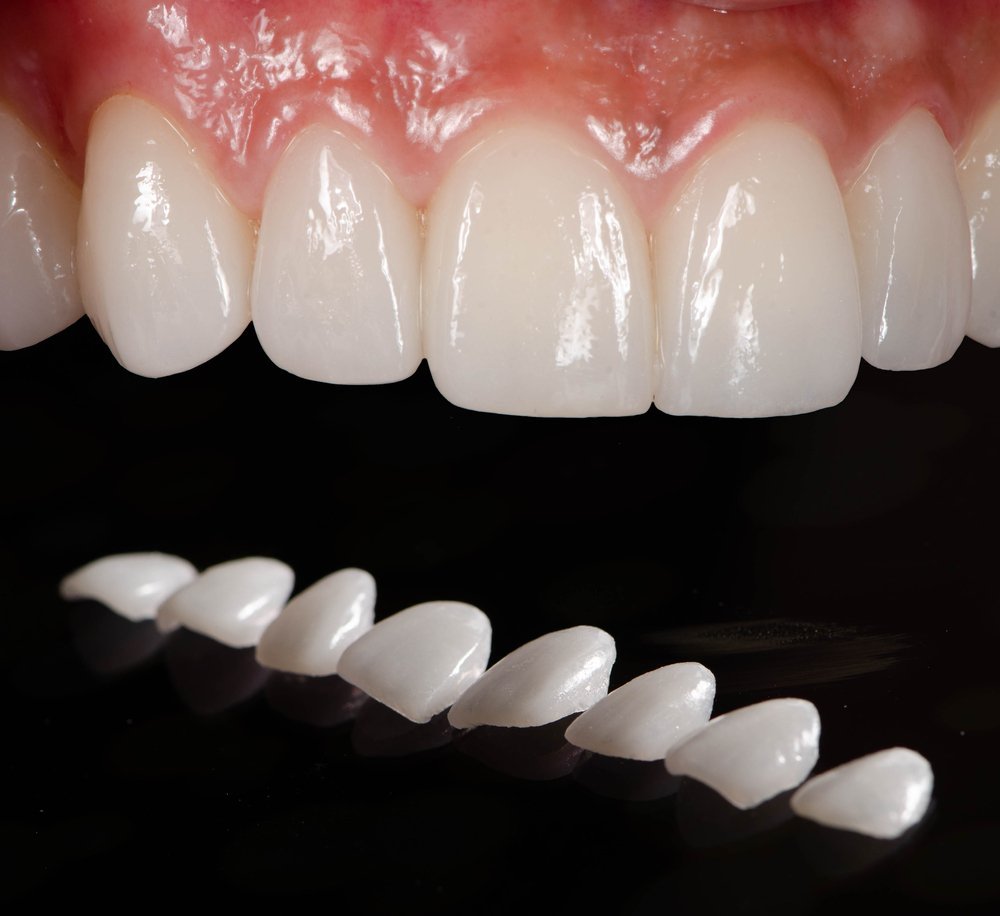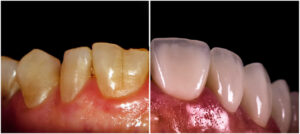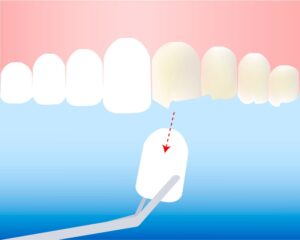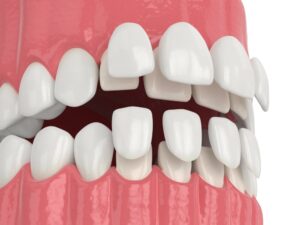If you’re wondering “How much do veneers cost in Wisconsin?”, the average cost ranges from $800 to $2,500 per tooth. The cost of veneers in Wisconsin can vary depending on several factors, including the number of veneers needed, the complexity of the procedure, and the experience of the dentist.
It’s important to note that the cost of veneers may not be covered by dental insurance, as it is considered a cosmetic procedure. However, some dental offices may offer financing options to help make the procedure more affordable.
To get an accurate estimate of the cost of veneers in Wisconsin, it’s best to schedule a consultation with a qualified dentist. During the consultation, the dentist can evaluate your teeth and provide a customized treatment plan and cost estimate based on your individual needs and goals.
Ready for a stunning smile transformation? Discover unbeatable veneer specials in Miami and take the first step towards your dream smile. Don’t wait, schedule now and seize this limited-time opportunity!
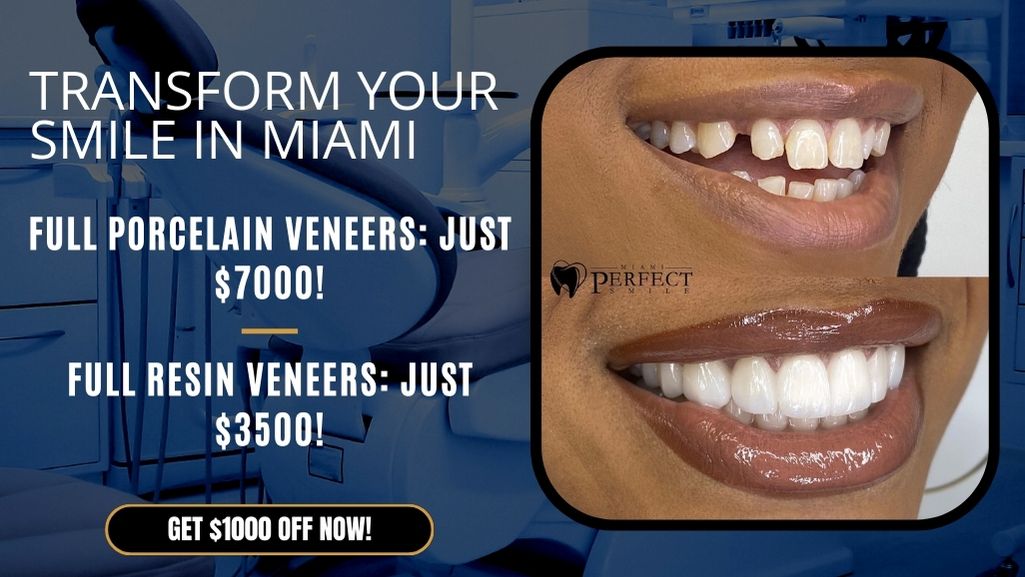
Average Cost of Veneers in Wisconsin with Other States
The cost of veneers can vary significantly from state to state. Here is a comparison of the average cost of veneers in Wisconsin compared to some other states:
| State | Average Cost of Veneers per Tooth |
|---|---|
| Wisconsin | $800-$2,500 |
| California | $1,000-$3,000 |
| New York | $800-$3,000 |
| Florida | $800-$2,500 |
| Texas | $800-$2,500 |
As you can see, the cost of veneers can vary significantly from state to state, with some states having higher average costs than others. It’s important to carefully research the cost and quality of care when considering veneers or any other dental procedure.
Factors that Affect Veneer Pricing
There are several factors that can affect the pricing of veneers. Here are some of the key factors to consider:
- Number of Veneers: The more veneers you need, the higher the overall cost will be. If you only need one or two veneers, the cost will be lower than if you need a full set of veneers.
- Type of Material: There are several types of materials that can be used for veneers, including porcelain and composite resin. Porcelain veneers are generally more expensive than composite resin veneers, but they also tend to be more durable and long-lasting.
- Complexity of the Procedure: If your teeth require additional preparation before the veneers can be placed, such as removing decay or fixing structural issues, the cost may be higher than if the procedure is relatively simple.
- Experience of the Dentist: Dentists with more experience and a higher level of expertise may charge more for veneers than less experienced dentists.
- Location: The cost of veneers can vary depending on the location of the dental practice. Cities with higher costs of living and higher demand for cosmetic dental procedures may have higher prices for veneers.
It’s important to keep in mind that the cost of veneers may not be covered by dental insurance, as it is considered a cosmetic procedure.

Choosing the Right Veneer Specialist in Wisconsin
Choosing the right veneer specialist in Wisconsin is an important decision that can impact the quality of your veneer treatment. Here are some factors to consider when choosing a veneer specialist:
| Factor | What to Consider |
|---|---|
| Experience | Look for a dentist with experience in performing veneers |
| Training | Check the training and credentials of the veneer specialist |
| Technology | Look for a dentist who uses modern dental technology |
| Reviews/Testimonials | Read reviews and testimonials from previous patients |
| Consultation | Schedule a consultation to evaluate the dentist’s communication style and professionalism |
By considering these factors when choosing a veneer specialist in Wisconsin, you can help ensure that you receive high-quality care and a successful outcome for your veneer treatment.
Questions to Ask Your Veneer Provider
When considering veneers, it’s important to ask your veneer provider a series of questions to ensure that you receive the best possible care and outcome for your treatment. Here are some questions to consider asking:
- What types of veneers do you offer?
- Which type of veneer do you recommend for my individual needs and goals?
- How many veneer procedures have you performed in the past?
- Can you provide before-and-after photos of previous veneer patients?
- What is the cost of veneers and what payment options are available?
- Does your office offer any financing options for veneer treatment?
- What is the expected timeline for the veneer procedure, from consultation to completion?
- Will I need to take any special precautions or follow a specific oral hygiene routine after my veneers are placed?
- What is the expected lifespan of the veneers, and what can I do to maximize their longevity?
- What should I do if I experience any problems or complications with my veneers?
By asking these questions and having a clear understanding of the veneer procedure and aftercare, you can help ensure that you receive safe and high-quality care for your veneer treatment.
Maintaining Your Veneers for Longevity
Proper maintenance is key to ensuring the longevity of your veneers. Here are some tips for maintaining your veneers:
| Tips for Maintaining Your Veneers |
|---|
| Practice Good Oral Hygiene |
| Avoid Staining Foods and Drinks |
| Don’t Use Your Teeth as Tools |
| Wear a Mouthguard |
| Regular Dental Checkups |
| Address Issues Promptly |
By following these tips, you can help ensure that your veneers remain in good condition and last for many years to come.
Financing and Payment Options for Veneers in Wisconsin
The cost of veneers can be a significant investment, but there are several financing and payment options available to help make the procedure more affordable for patients in Wisconsin. Here are some of the most common financing and payment options for veneers:
- Payment Plans: Many dental offices offer payment plans that allow patients to spread out the cost of veneers over several months or even years. This can help make the procedure more affordable and manageable.
- Credit Cards: Many patients choose to use a credit card to pay for veneers. Some credit cards even offer promotional financing options with low or zero interest rates for a certain period of time.
- Dental Insurance: While veneers are considered a cosmetic procedure and are not typically covered by dental insurance, some insurance plans may cover a portion of the cost if the veneers are deemed medically necessary.
- Healthcare Credit Cards: Healthcare credit cards, such as CareCredit, can be used to pay for veneers and other dental procedures. These cards offer promotional financing options with low or zero interest rates for a certain period of time.
- Savings Accounts: Patients may choose to save up for the cost of veneers over time. Setting aside a portion of each paycheck or allocating funds from a savings account can help make the procedure more affordable in the long run.
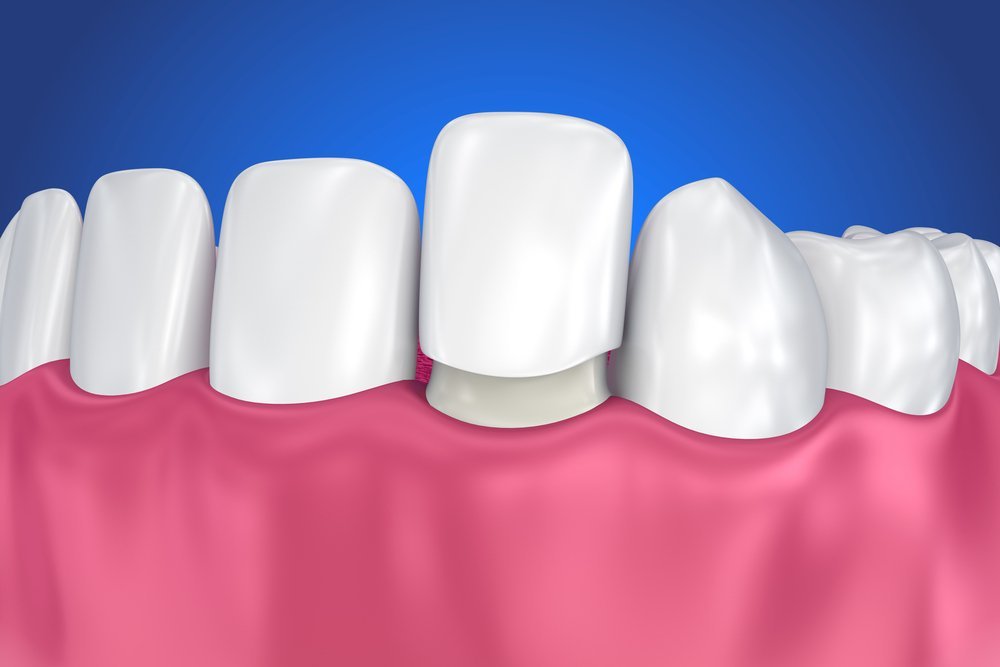
It’s important to talk to your dentist or a financial advisor to determine which financing and payment option is best for your individual needs and budget, especially when considering dental implants. With the right payment plan, veneers, as well as dental implants, can be more accessible and affordable options for patients in Wisconsin.
Veneers vs. Other Cosmetic Dental Procedures
When considering cosmetic dental procedures, it’s important to weigh the pros and cons of each option to determine which procedure is right for you. Here are some key differences between veneers and other popular cosmetic dental procedures:
- Teeth Whitening: Teeth whitening is a popular and relatively simple cosmetic dental procedure that can brighten your teeth and remove stains. However, teeth whitening may not be effective for all types of stains, and the results are not permanent. Veneers, on the other hand, can cover more severe stains and provide a longer-lasting solution.
- Dental Bonding: Dental bonding involves applying a tooth-colored resin to your teeth to correct minor imperfections such as chips, cracks, or gaps. While dental bonding is less expensive than veneers, it is not as durable or long-lasting. Veneers can provide a more permanent and natural-looking solution.
- Invisalign: Invisalign is an orthodontic treatment that uses clear aligners to straighten your teeth. While Invisalign can provide a more natural-looking alternative to traditional braces, it may not be as effective for severe orthodontic issues. Veneers can provide a more immediate and cosmetic solution for minor orthodontic issues.
- Dental Implants: Dental implants are a permanent solution for missing teeth, but they can be expensive and require a surgical procedure. Veneers can be a more cost-effective and less invasive option for improving the appearance of your teeth.
Ultimately, the right cosmetic dental procedure for you will depend on your individual needs and goals. By consulting with a qualified cosmetic dentist and weighing the pros and cons of each option, you can make an informed decision about which procedure is right for you.
Benefits of Veneers
Veneers are a popular cosmetic dental procedure that can provide many benefits for patients looking to improve the appearance of their teeth. Here are some of the key benefits of veneers:
- Improved Appearance: Veneers can cover up a wide range of cosmetic dental issues, including stains, chips, cracks, gaps, and misshapen teeth. This can help improve the appearance of your teeth and give you a more confident smile.
- Long–lasting: Veneers are durable and can last for many years with proper maintenance and care. This makes them a more permanent and cost-effective option compared to other cosmetic dental procedures.
- Minimal Invasive Procedure: The veneer procedure is minimally invasive, which means that it requires only a small amount of tooth enamel to be removed. This preserves more of the natural tooth structure and can help maintain the overall health of your teeth.
- Stain–resistant: Veneers are made of porcelain or composite resin, which are both highly resistant to stains and discoloration. This means that your veneers will maintain their natural appearance and brightness for many years.
- Customizable: Veneers are custom-made to fit your individual teeth and mouth. This means that you can choose the size, shape, and color of your veneers to achieve the exact look you desire.
- Improved Confidence: By improving the appearance of your teeth, veneers can help boost your self-confidence and improve your overall quality of life.
Overall, veneers can provide many benefits for patients looking to improve the appearance of their teeth. By consulting with a qualified cosmetic dentist and discussing your individual needs and goals, you can determine whether veneers are the right option for you.
References:
- Hollins, C. (2015). Basic Guide to Dental Procedures. John Wiley & Sons, Inc.
- Borges, E. D. A., et al. (2015). Study of Lumineers’ Interfaces by Means of Optical Coherence Tomography. In Biophotonics South America.
- El-Mowafy, O., El-Aawar, N., & El-Mowafy, N. (2018). Porcelain veneers: An update. Dent Med Probl, 55(2), 207-211. Available from: https://pubmed.ncbi.nlm.nih.gov/30152626/. Accessed on July 18, 2022.
- Miami Cosmetic Smile Design. (2024). Porcelain Veneers in Miami. Available from: https://miamicosmeticsmiledesign.com/porcelain-veneers-in-miami/. Accessed on July 25, 2023.
